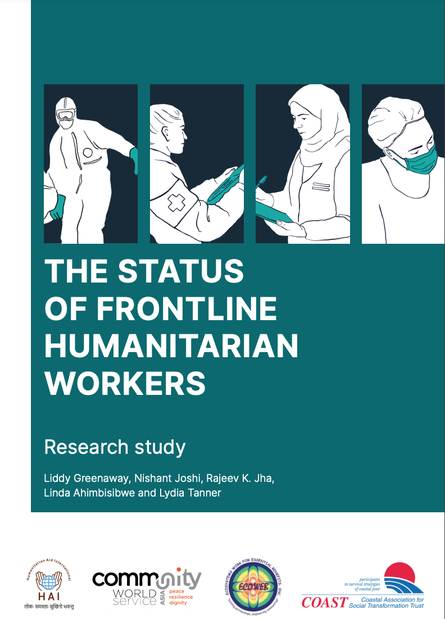
Frontline humanitarian workers are vital to the delivery of aid and humanitarian services in some of the world’s most challenging crises. Despite their critical role, they encounter numerous challenges, including inadequate compensation, job insecurity, and exposure to serious security risks.
This study set out to assess the working conditions of frontline workers, better understand their unique challenges and needs, and offer practical recommendations to enhance their wellbeing and effectiveness. Specifically, it aimed to address the following four questions:
- What are the environmental and working conditions of frontline workers?
- To what extent do frontline workers have access to resources, training and support systems?
- What contractual terms and conditions, compensation and benefits are available to frontline workers?
- How do these factors affect the wellbeing, resilience, and effectiveness of frontline workers, and what can be done to improve support?
The report’s recommendations aim to guide funders, policymakers and humanitarian organisations to craft interventions that account for frontline workers’ welfare, ensuring that humanitarian responses are more resilient